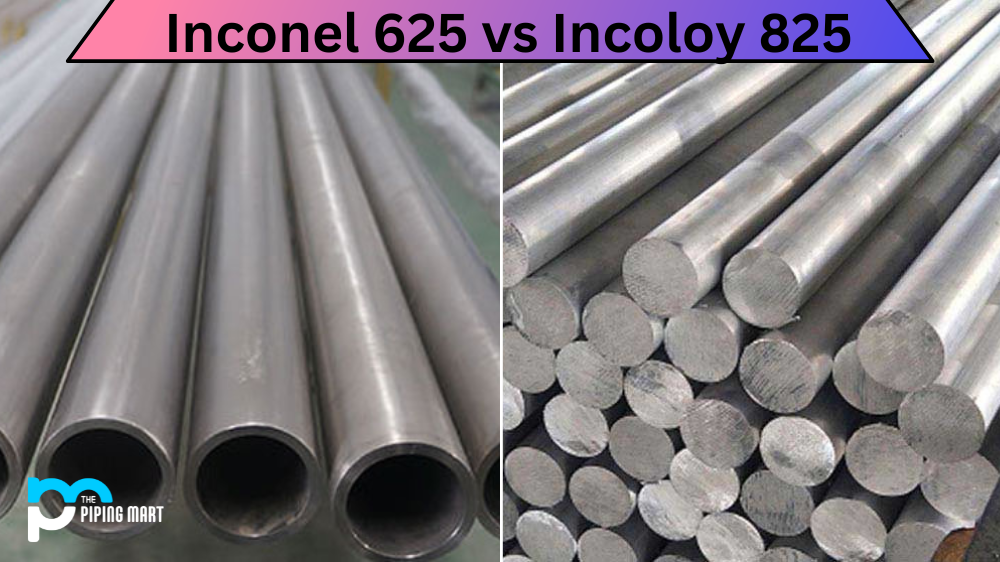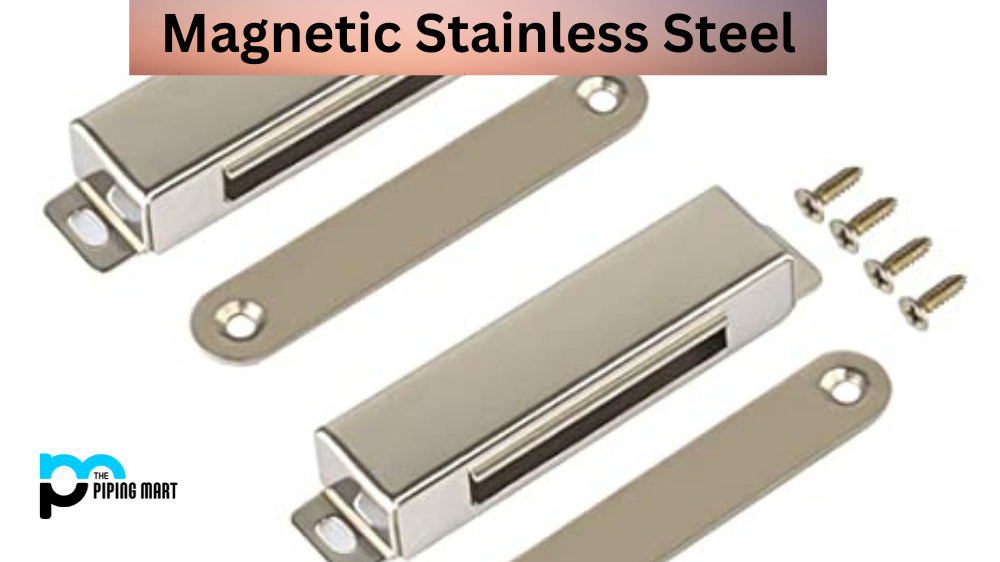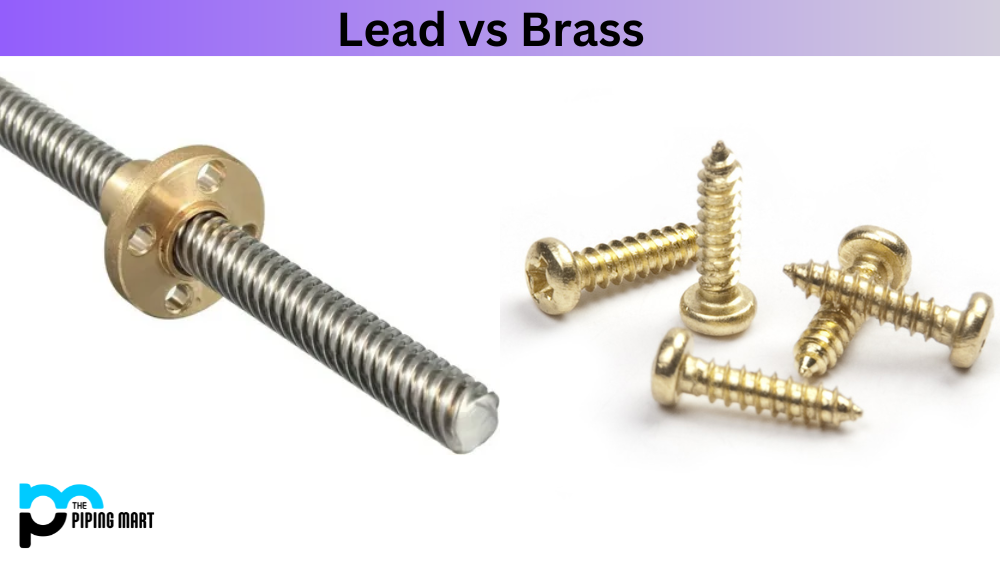Inconel 625 and Incoloy 825 are two of the most popular alloys on the market today. Both alloys offer a variety of benefits and features, but they also have some key differences that should be taken into account when making a decision. Let’s take a look at how these two metal alloys compare.
Inconel 625 Vs Incoloy 825
Chemical Composition
Inconel 625 is composed of nickel, chromium, molybdenum, niobium, and iron. It has high levels of corrosion resistance due to its high nickel content, which makes it ideal for applications in extreme temperatures or corrosive environments. Incoloy 825, on the other hand, is made up of nickel, chromium, iron, manganese, copper, silicon, and titanium. It has excellent resistance to oxidation and carburization at elevated temperatures due to its high nickel content.
Thermal Properties
Inconel 625 has an impressive thermal conductivity rate of 14 W/(m-K) at room temperature and 16 W/(m-K) at 500°C (932°F). This allows for the efficient transfer of heat away from components during operation. Incoloy 825 has a thermal conductivity rate of 11.5 W/(m-K) at room temperature and 13 W/(m-K) at 500°C (932°F). This alloy is slightly less efficient than Inconel 625 in terms of heat transfer but still offers excellent performance in many applications.
Consistency & Reliability
Inconel 625 is known for its consistency as it does not require frequent maintenance or replacement due to wear or corrosion, as some other metals do. It also maintains its mechanical properties even after long periods of use in harsh conditions like those found in petrochemical plants or offshore platforms. Incoloy 825 is one of the most reliable alloys available, with superior strength characteristics that make it well-suited for heavy-duty operations such as nuclear power plants or chemical processing facilities where reliability is paramount.
Conclusion:
Both Inconel 625 and Incoloy 825 have their own unique advantages depending on the application they are used in. Inconel 625 offers superior thermal conductivity, while Incoloy 825 provides superior strength characteristics, which make it ideal for more demanding operations requiring reliability above all else. When deciding between these two metals, it’s important to weigh their differences against your specific needs to ensure you select the right alloy for your application.

Abhishek is a seasoned blogger and industry expert, sharing his insights and knowledge on various topics. With his research, Abhishek offers valuable insights and tips for professionals and enthusiasts. Follow him for expert advice on the latest trends and developments in the metal industry.




